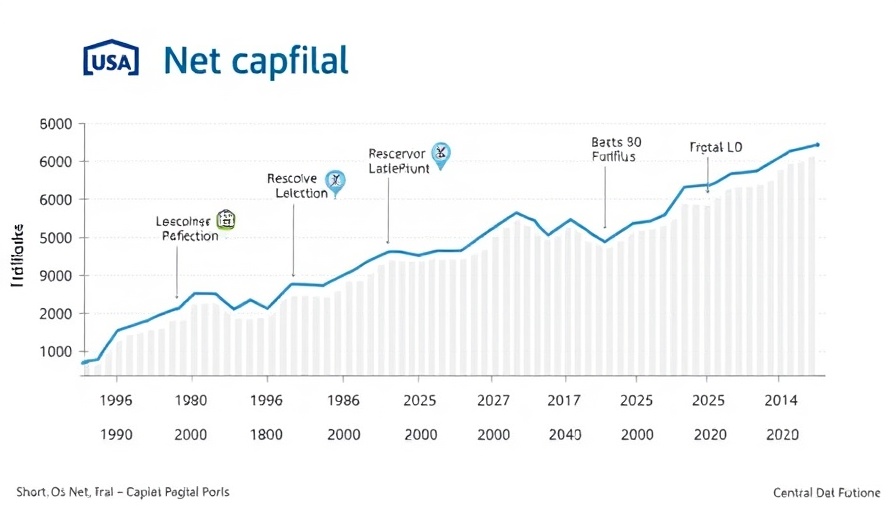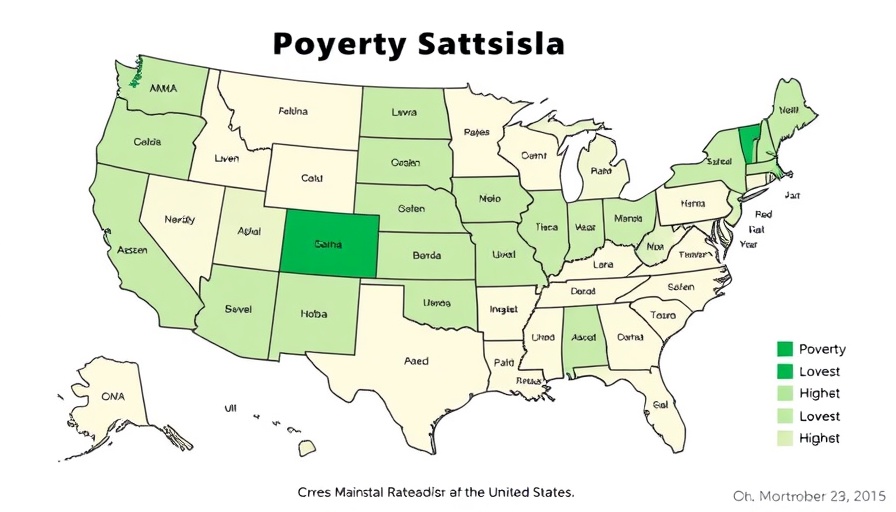
TD Bank's Pay Cuts Reflect Regulatory Accountability
In a significant move amid regulatory turmoil, TD Bank Group has announced a 23% reduction in the pay of U.S. CEO Leo Salom. This decision comes on the heels of a major upheaval related to anti-money laundering regulations that have recently established stricter standards for one of the largest banks in the United States.
For the year 2024, Salom’s total compensation has been slashed from $4.4 million in 2023 to $3.51 million. Previously, in 2022, he earned $5.59 million. Despite the pay decrease, TD has set a performance-based bonus of $2 million for Salom in 2025, contingent on meeting specific anti-money laundering (AML) remediation targets.
This compensation adjustment follows a guilty plea by TD Bank regarding its failures to effectively curb money laundering activities linked to China's drug trafficking networks, resulting in a staggering $3.15 billion in penalties from U.S. regulators.
The Broader Impact on Executive Compensation
The landscape of executive compensation at TD is undergoing significant changes. Alongside Salom's adjustment, the bank recently cut the pay of former CEO Bharat Masrani by an astounding 89%. Incoming CEO Raymond Chun saw his pay set at $7.88 million for 2024. Chairman Alan MacGibbon acknowledged the challenging year, indicating that the ramifications of TD's AML failures would continue to weigh heavily on the bank.
What This Means for Regulatory Practices in Banking
TD's decision to reduce executive compensation highlights a crucial trend in banking where accountability for regulatory breaches is becoming more pronounced. The bank has not only taken financial steps but has also promised a full overhaul of its compliance frameworks.
In tandem with the pay cuts, TD is reportedly increasing its hiring of compliance personnel, bringing in more than 700 AML specialists to strengthen its defenses against similar future failures. As financial institutions face increasing scrutiny and potential penalties, the expectation for higher accountability may reshape industry standards.
Building Trust Through Transparency
Understanding the implications of these changes is essential for residents and top wage earners in Philadelphia. This situation elevates the conversation around transparency and integrity in banking operations. Customers are likely more inclined to support institutions that demonstrate accountability and commitment to ethical practices, setting a precedent for others in the industry.
Conclusion: Lessons for Executives and Consumers
As TD navigates this challenging landscape, both banking executives and consumers should take note of the significant consequences regulatory oversight can impose on business operations. For wage earners, this serves as a reminder of the importance of choosing financial institutions that prioritize ethical practices, thereby fostering a healthier financial community.
In light of these revelations, stay informed about the evolving standards in banking and consider how they affect your financial decisions.
 Add Row
Add Row  Add
Add 




Write A Comment